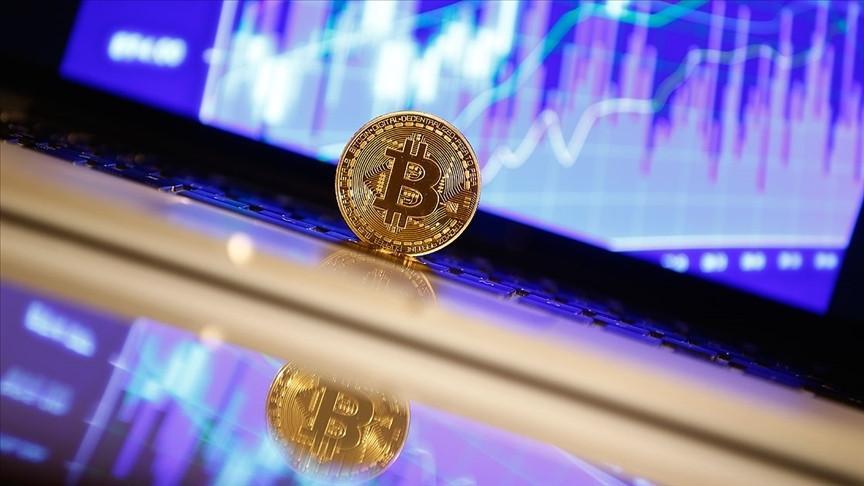
The Treasury and Finance Ministry is rolling out new regulations to prevent the laundering of illicit funds through cryptocurrencies, targeting proceeds from illegal betting and fraud with stricter controls, time limits, and identity checks.
The ministry is intensifying efforts to combat money laundering, focusing on cryptocurrency transactions, according to state-run Anadolu Agency.
New measures will require Crypto Asset Service Providers (CASPs) to enhance oversight and scrutiny of all transactions.
Under the forthcoming rules, CASPs must collect detailed information on the source of funds and the purpose of crypto transfers. Every transaction will require a customer-provided explanation of at least 20 characters, ensuring greater transparency.
To curb the rapid withdrawal of illicit funds, crypto withdrawals not compliant with the “travel rule,” which mandates sharing sender and recipient details, will face a mandatory 48-hour waiting period after deposits, purchases, or swaps. First-time withdrawals from an account will require a 72-hour delay, aiming to prevent criminals from quickly obscuring their tracks.
The regulations also impose limits on “stablecoins,” cryptocurrencies pegged to assets like the U.S. dollar.
Stablecoin transfers will be capped at $3,000 daily and $50,000 monthly, with requirements for sender and recipient details, including names, wallet addresses, residence, and birth information. CASPs fully complying with the travel rule can double these limits.
Finance Minister Mehmet Şimşek emphasized that the measures aim to balance oversight with innovation.
“These regulations prevent the swift transfer of illicit funds abroad while preserving space for legitimate crypto activities,” he said. For instance, users engaged in liquidity provision, market-making, or arbitrage can conduct unlimited transfers if they document their funds’ origins, under platform supervision.
Şimşek issued a stern warning to crypto platforms, stressing compliance.
“Platforms failing to meet these standards face administrative penalties, including license denial or revocation, alongside other legal and financial sanctions,” he said.